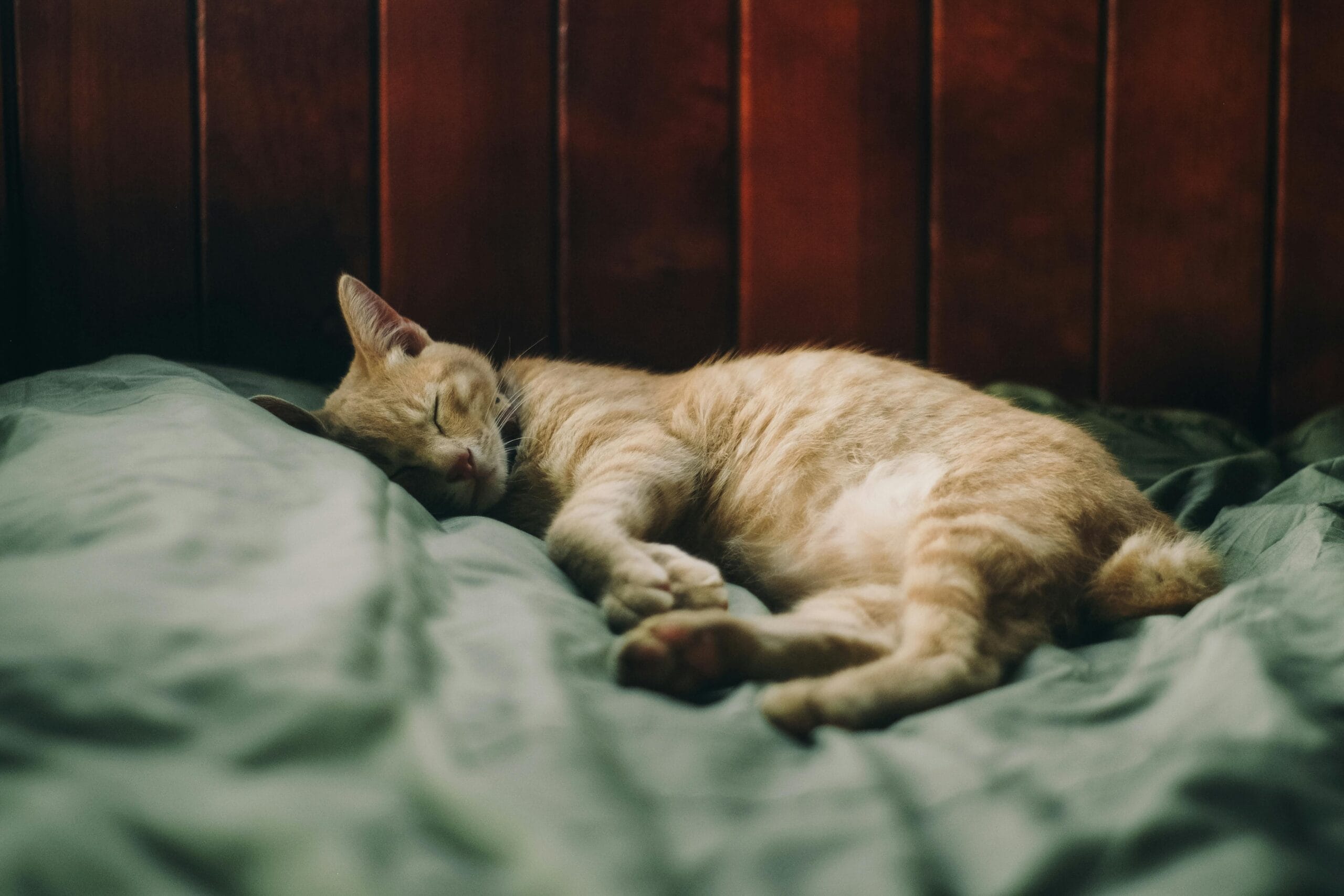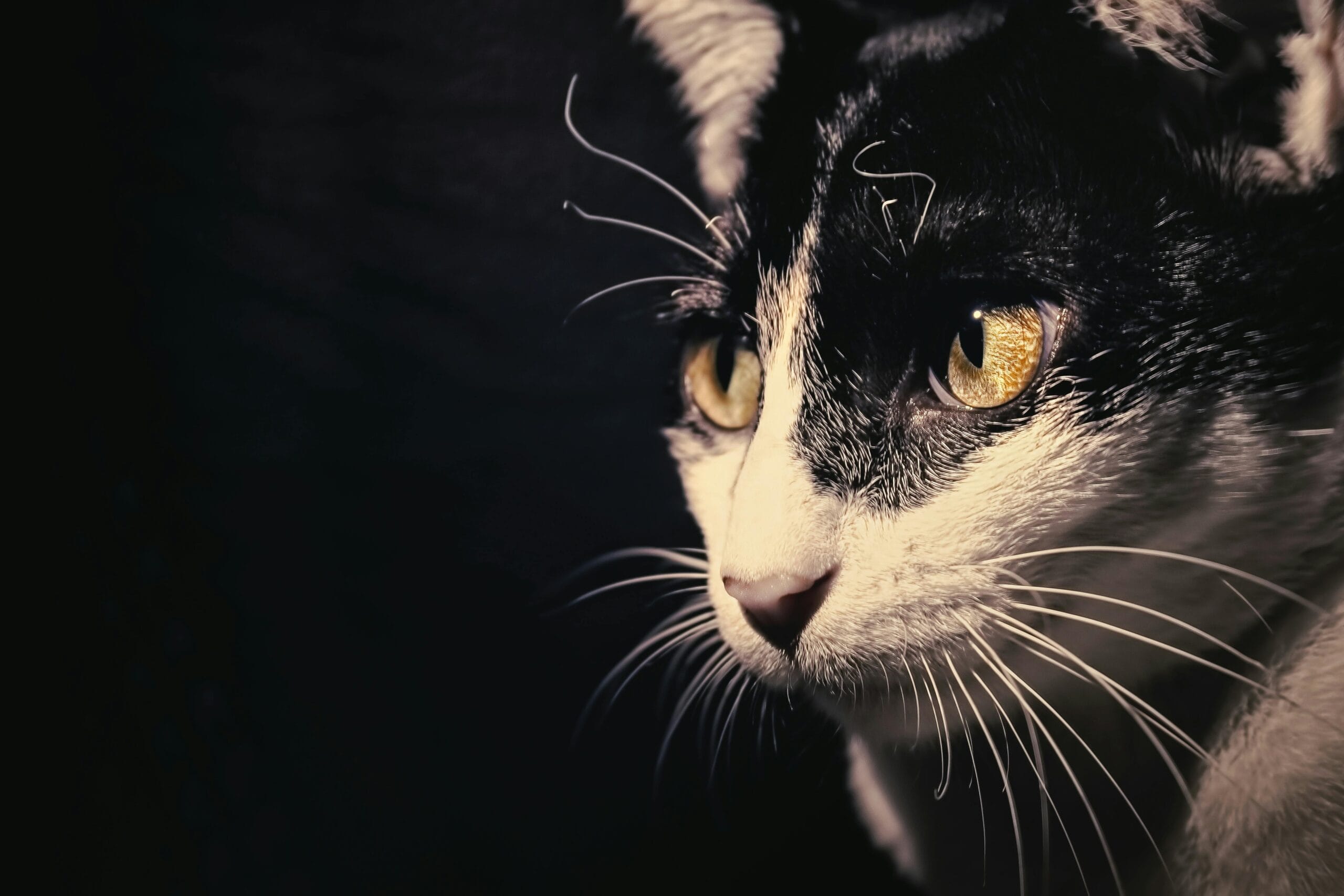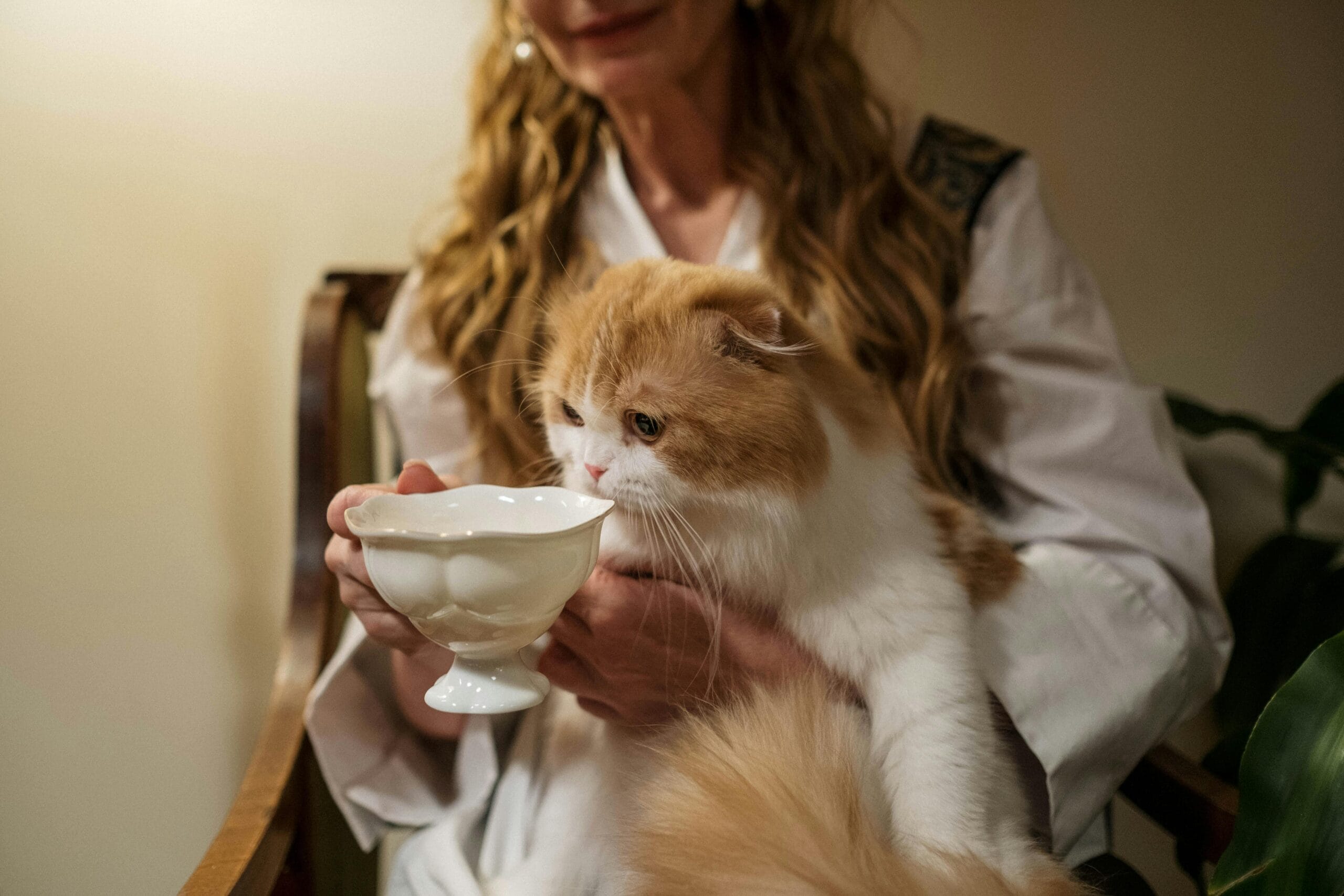Is Basil Toxic To Cats? Find out about Basil toxicity in cats and the potential for cat basil poisoning. Learn the facts & protect your feline friend! Read now for essential pet safety information.
Is Basil Toxic to Cats? A Comprehensive Guide to Basil Toxicity in Cats
Many cat owners enjoy growing herbs in their gardens or kitchens, adding a touch of freshness to their homes. However, before introducing any new plant, it’s crucial to understand its potential impact on our feline friends. A common question among cat lovers is: Is basil toxic to cats? This comprehensive guide delves into the issue of Basil toxicity in cats, exploring the potential dangers, symptoms of poisoning, and steps to take if your cat ingests basil.
Understanding Basil and its Potential Effects on Cats
Basil, a fragrant herb commonly used in cooking, belongs to the mint family. While generally safe for human consumption, its effects on cats are a subject of some debate. The ASPCA (American Society for the Prevention of Cruelty to Animals) classifies basil as non-toxic to cats. This means that while ingesting small amounts of basil is unlikely to cause serious harm, it doesn’t necessarily mean it’s entirely safe.
The key here lies in the quantity ingested. A tiny nibble from a basil plant is probably not going to cause any adverse reactions. However, large quantities of basil consumption could lead to mild gastrointestinal upset in some cats. This is especially true if the cat ingests the plant’s essential oils in high concentrations.
Symptoms of Basil Poisoning in Cats (Cat Basil Poisoning)
While cat basil poisoning is rare, it’s important to be aware of the potential symptoms. If your cat has consumed a significant amount of basil, look out for these signs:
- Mild gastrointestinal upset: Vomiting, diarrhea, loss of appetite
- Lethargy or weakness
- Drooling
- Skin irritation (if the cat has come into direct contact with the plant’s essential oils)
It’s important to note that these symptoms can be indicative of various health problems, not just basil ingestion. If you suspect your cat has ingested basil and is exhibiting these symptoms, it’s crucial to contact your veterinarian immediately. Delaying treatment can worsen the situation.
What to Do if Your Cat Ingests Basil
If you witness your cat consuming basil, the first step is to assess the quantity ingested. A small nibble is likely harmless, but a large amount warrants immediate action. Contact your veterinarian immediately, providing details about the amount of basil consumed and the symptoms your cat is exhibiting. Your vet can provide guidance and determine the best course of action, which may involve inducing vomiting or administering supportive care.
Keep a close eye on your cat for any changes in behavior or health. Even if symptoms are initially mild, they can worsen over time. Remember, prevention is always better than cure. Keep basil plants out of reach of your curious feline friends.
Comparing Basil Toxicity to Other Plants
Understanding the toxicity of basil in cats is crucial, but it’s also helpful to compare it to other potentially harmful plants. For instance, unlike basil, daffodils are highly toxic to cats. Check out this article for more details on the dangers of daffodils for cats. Similarly, certain houseplants like the Monstera deliciosa can also be harmful, so be cautious. Learn more about Monstera toxicity in cats to keep your furry companion safe.
Many common fruits can also be harmful to our feline friends. While some might seem harmless, like grapes, they can cause serious health issues. It’s advisable to consult our detailed guide on can cats eat grapes before sharing any treats.
The same caution applies to seemingly harmless fruits like cherries. Find out more about cherries and their potential dangers for cats in our comprehensive guide.
Essential oils, commonly used in aromatherapy, can also pose a risk. For instance, peppermint oil should be kept away from your cats. Read our article on peppermint oil safety for cats for more information.
Further Research and Resources on Basil Toxicity Cats
While the ASPCA classifies basil as non-toxic, it’s always beneficial to seek further information from reputable sources. The Pet Poison Helpline (https://www.petpoisonhelpline.com/) offers valuable resources and expert advice on pet poisoning, including information on plant toxicity. Additionally, consulting with your veterinarian is always the best approach when dealing with any potential pet health concerns.
Another excellent resource is the Veterinary Poisons Information Service (https://www.apcv.org.uk/wp-content/uploads/2021/04/VPIS-Information-Sheet-for-Veterinary-Professionals.pdf), providing comprehensive data on toxic substances affecting animals, but remember to always consult with your veterinary professional.
Preventing Cat Basil Poisoning: Keeping Your Cat Safe
The best way to address Basil toxicity in cats is through prevention. Keep basil plants (or any other potentially harmful plants) out of your cat’s reach. Consider placing them in hanging planters, on high shelves, or in areas your cat cannot access. This simple precaution can significantly reduce the risk of your cat ingesting any harmful plants.
Regularly monitor your cat’s behavior and eating habits. Early detection of any unusual symptoms is crucial for prompt treatment. Knowing your cat’s normal behavior will help you identify any changes associated with potential poisoning, allowing for a quicker response.
Conclusion: Navigating the World of Is Basil Toxic To Cats?
While the general consensus is that basil is not highly toxic to cats, it’s crucial to be mindful of the potential for mild gastrointestinal distress, especially with large ingestion. Prevention is key. By understanding the potential risks and taking necessary precautions, you can ensure the safety and well-being of your feline companion. Remember, when in doubt, always consult your veterinarian. They are your best resource for ensuring your cat’s health and happiness.
Share Your Experiences!
Have you ever had an experience with your cat and basil? Share your stories and tips in the comments section below! Let’s create a community of cat owners to share knowledge and keep our furry friends safe from Basil Toxicity Cats and other potential hazards. Your experience might help another cat owner avoid a potentially dangerous situation. Don’t hesitate to share your valuable insights!

Frequently Asked Questions: Is Basil Toxic to Cats?
- Is basil toxic to cats?
- While generally not highly toxic, ingesting large quantities of basil can cause mild gastrointestinal upset in cats. Small amounts are usually not a concern. Symptoms of Basil Toxicity Cats are usually mild.
- What are the symptoms of basil poisoning in cats?
- Symptoms of Cat Basil Poisoning, if they occur, might include vomiting, diarrhea, and loss of appetite. These are usually mild and self-limiting.
- How much basil is toxic to a cat?
- There’s no precise amount. The toxicity depends on the cat’s size and the amount ingested. A small nibble is unlikely to cause harm, while a large quantity could lead to gastrointestinal distress.
- My cat ate some basil, what should I do?
- Monitor your cat for symptoms. If you notice vomiting, diarrhea, or lethargy, contact your veterinarian. For minor ingestion, observation is usually sufficient.
- Is all basil toxic to cats?
- While common sweet basil is generally considered safe in small amounts, other types of basil are less studied. It’s best to keep all basil out of reach to prevent potential Basil Toxicity Cats.
- Is essential basil oil toxic to cats?
- Yes, essential basil oil is toxic to cats and should be kept far out of their reach. Even small amounts can cause significant problems.
- Can basil cause an allergic reaction in cats?
- While rare, an allergic reaction is possible. If your cat shows signs of an allergic reaction (skin irritation, swelling, difficulty breathing) after basil exposure, seek immediate veterinary attention.
- What should I do to prevent my cat from eating basil?
- Keep basil plants out of reach, preferably in hanging planters or on high shelves. Consider using deterrents like citrus scents (cats dislike citrus) near your plants.
- Is it better to err on the side of caution with basil and cats?
- Yes. Given the potential for mild gastrointestinal upset, it’s best to prevent your cat from accessing basil entirely. Preventing any possible Is Basil Toxic To Cats scenario is the safest approach.
- Should I take my cat to the vet if it ate a small amount of basil?
- For small amounts, observation is usually sufficient. Contact your vet if you see any symptoms like vomiting, diarrhea, or lethargy. They can advise based on your cat’s size and the amount of basil consumed.

Is Basil Toxic to Cats? A Practical Guide
Basil, a fragrant herb commonly used in cooking, is a frequent question among cat owners. The short answer is: Generally, basil is not toxic to cats in small amounts. However, this doesn’t mean it’s safe to let your feline friend munch on it freely. Like many plants, excessive consumption can lead to digestive upset.
The key is moderation. A tiny nibble here and there probably won’t cause harm, but a large quantity could lead to vomiting or diarrhea. Keep basil plants out of your cat’s reach to prevent accidental ingestion. If you suspect your cat has eaten a significant amount of basil, contact your veterinarian immediately. Similar concerns exist for other plants, and it’s good practice to keep potentially toxic plants, like daffodils (learn more about daffodils and cats here), well away from your furry friend.
Many houseplants pose risks to cats. It’s important to be aware of the potential dangers. For instance, certain plants like the Monstera deliciosa are known to be toxic. This emphasizes the importance of thoroughly researching any plant before introducing it to a home with cats.
Just as some plants are potentially harmful, certain foods can also pose a threat. While basil is generally not highly toxic, always prioritize your cat’s health. Understanding the risks associated with other foods, such as grapes (learn more about grapes and cats here), is crucial. Even seemingly innocuous foods like cherries (find out about cherries and cats here) should be kept out of your cat’s reach.
Essential oils are another potential source of concern for feline health. For example, peppermint oil can be dangerous to cats, emphasizing the importance of keeping all essential oils out of their reach.
Practical Tips for Cat Owners:
- Keep basil plants out of reach, ideally in a hanging basket or on a high shelf.
- Monitor your cat’s behavior after any potential exposure to basil.
- If you notice any signs of illness (vomiting, diarrhea, lethargy), consult your veterinarian immediately.
- Educate yourself about plants and foods that are toxic to cats.
- Provide your cat with plenty of safe and engaging alternatives, such as catnip or cat grass.
Remember, prevention is always the best approach. By being proactive and knowledgeable about potential hazards, you can ensure the safety and well-being of your beloved feline companion.

Is Basil Toxic To Cats, Basil Toxicity Cats, Cat Basil Poisoning